Listen to the Event Speakers
Rodolfo D, Morales
Instituto Politécnico Nacional, Department of Materials and Engineering-ESIQIE - Mexico
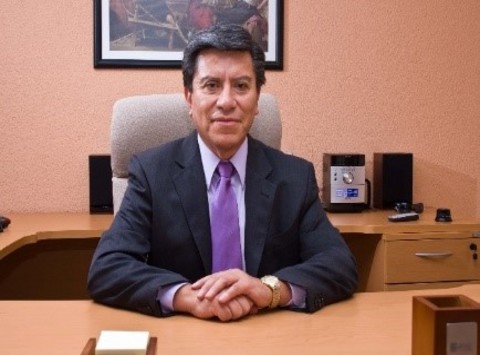
Rodolfo D, Morales
Instituto Politécnico Nacional, Department of Materials and Engineering-ESIQIE - MexicoResearch interests: Mathematical simulation and optimization of metallurgical processes, modeling, and scaling-up of reactors, hot ductility of steels, physical chemistry of surfaces, thermodynamics of materials.
Keywords: mathematical simulation, modeling, optimization, hot ductility, slags, thermodynamics of materials.
Short story: Dr. Rodolfo Morales, who graduated from the University of Tokyo, has published three hundred papers and supervised 26 Ph.D. students and 36 MSc students. His professional life includes very active consultancy activities to the iron casting and steel industries, including former FOSECO, Rassini Rhem, RHI, SIMEC Group, and other important companies in Mexico and the USA. Dr. Morales has developed about 70% of the flow control systems for the casters of North America. He holds seven patents active in steel casters and four awards.
Current Projects: The study of multiphase flows focused on dynamics of argon bubbles in liquid steel, interactions between liquid metal, slag, and gases, population balance simulations. Physical chemistry of refractory-slag interfaces. Thermodynamics of steel deoxidation and solidification phenomena.
Michael Sheetz
Biochemistry and Molecular Biology University of Texas Medical Branch Galveston - USA
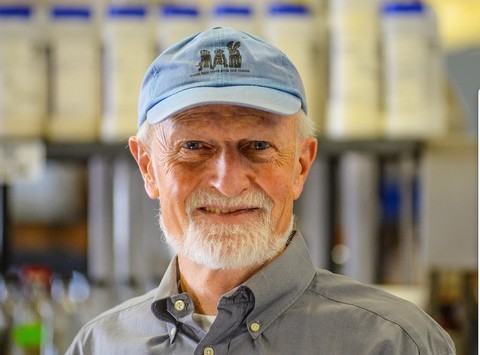
Michael Sheetz
Biochemistry and Molecular Biology University of Texas Medical Branch Galveston - USASuresh Aluviahara
University of Peradeniya - Sri Lanka
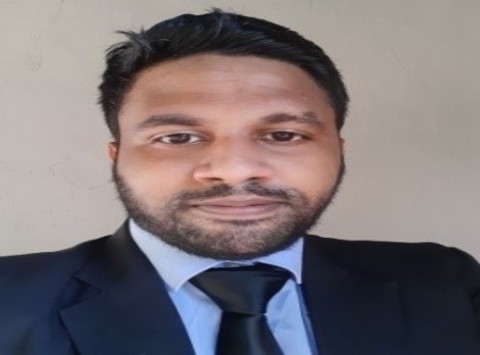
Suresh Aluviahara
University of Peradeniya - Sri LankaMr. Suresh Aluvihara is a postgraduate research scholar at the Department of Chemical and Process Engineering, University of Peradeniya, Sri Lanka. He has received his B.Sc. (Hon’s) degree in the year 2017 under the specialized scopes of Earth Science and Mineral Science from a state university of Sri Lanka. According to his current study fields, he has achieved a series of scientific research publications under the scopes of Earth Engineering, Chemical Engineering, Material Engineering and Environmental Engineering. In addition that he has contributed in review processes of some advanced journals, a guest editor for special issues, an editorial board member of scientific journals and a keynote speaker for some reputed worldwide conferences.
Yong Hun Jun
Korea University - Korea
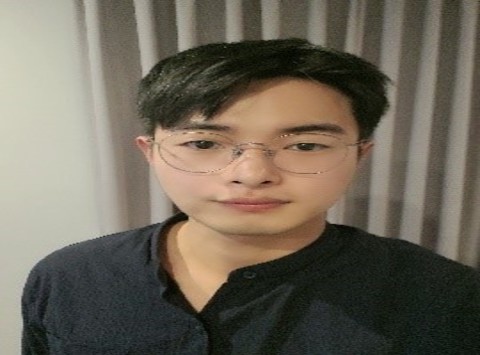
Yong Hun Jun
Korea University - KoreaConventional high throughput cancer cell line screening assays were treated as a fundamental method to analyze pharmaceutical profiles and drug sensitivities that helped generations to search for various cancer therapeutic strategies. Although traditional two-dimensional (2D) cell-based assays served its most values to discover and progress the potency of possible agents, recently developed novel three-dimensional (3D) tools are outstanding its past. The recently emerging patient-derived three-dimensional culture system termed “organoid” offers a great potential to bridge between drug screenings and clinical trials. As the importance of organoids increases, the need to develop organoid culture system suitable for basic biological and clinical applications is being emphasized. However, conventional Matrigel based organoid culture is not sufficient enough for carrying out robust and reliable screenings (ununiform morphologies, sizes, placement, and etc.); thus, hindering its great potential to predict clinical outcomes.
Here, we demonstrated a scalable organoid production platform with 8 well strips and a total of 8 x 9 microwells using organoids derived from colorectal cancer tissue. The new culture platform is a format in which single cells are self-organized into organoids in culture medium supplemented with 2% Matrigel, and it is functionally compatible with existing 96 well plates and Matrigel based conventional organoid culture methods. The consistency, uniformity and reproducibility of organoid production on the new platform have been significantly improved. Importantly, Hydro organoids are functionally identical to conventional Matrigel organoids, but show better consistency in drug screening.
Our results show the possibility that Hydro organoids can be used in high-throughput assays and incorporated into drug screening models to predict clinical outcomes.
Alae Eddine Lakraychi
University of Houston, Texas - USA
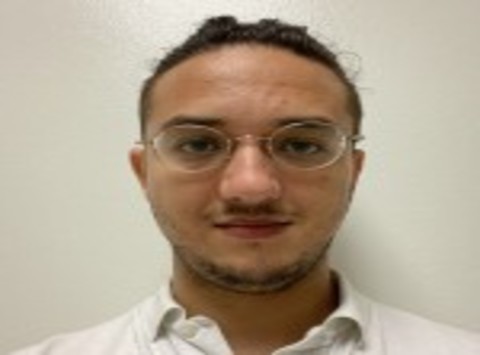
Alae Eddine Lakraychi
University of Houston, Texas - USAYahaya Kudush Kawa
Njala University, School of Environmental Sciences, Chemistry Department - Sierra Leone
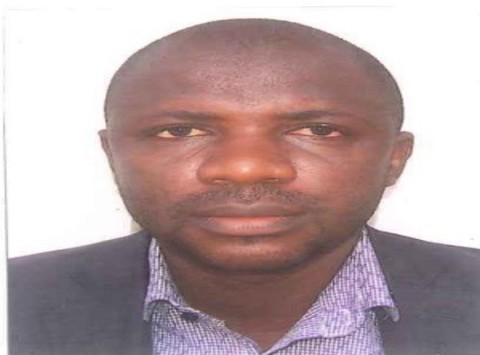
Yahaya Kudush Kawa
Njala University, School of Environmental Sciences, Chemistry Department - Sierra LeoneXiong (Bill) Yu
Case Western Reserve University - USA
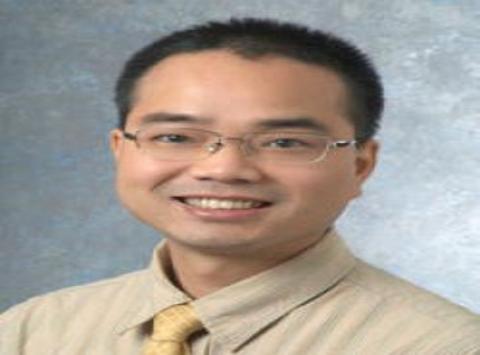
Xiong (Bill) Yu
Case Western Reserve University - USAAlon Schonberger
Kinneret Academic College - Israel
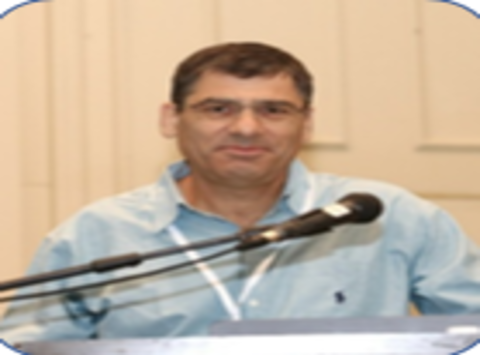
Alon Schonberger
Kinneret Academic College - IsraelWork Experience
Worked as a lecturer assistant and lecturer at the Technion, Nazareth College, Ariel University, Ort Braude Academic College and Kinneret Academic College.
30+ years in the industry, in R&D, Engineering, and Production.
Current position: Quality Manager
Advisor to and judge in Excellence and Quality contests.
Areas of interest and expertise
Mechanics of materials and composite materials
Fatigue of engineering materials
Fracture mechanics
Woven composite materials
Resin transfer molding
Material selection for engineering applications
Material standards and specifications
3D printing
Surface treatments
Heat treatments
Quality assurance of materials
Counterfeit material prevention
Failure analysis and investigation
Soniya Chaudhary
Indian Institute of Technology Madras - India
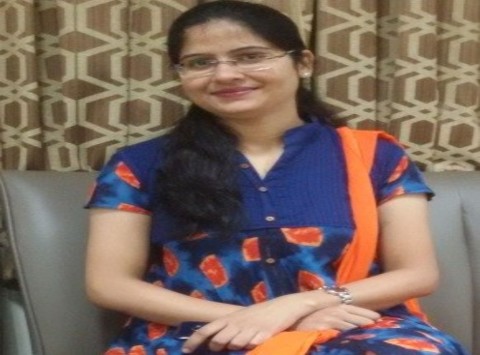
Soniya Chaudhary
Indian Institute of Technology Madras - IndiaUsually, to achieve high performance, for such a kind of device (SAW) a typical layer/substrate configuration form is adopted, which means that this kind of device is a layered structure with a thin layer deposited on the substrate. However, due to the nonuniform material properties, coefficients of thermal expansion and chemical/nucleation shrinkage/growth during the processing and cool down to operating or room temperature, the presence of initial stress is unavoidable. The results reported in this paper are not only meaningful for the design of surface acoustic wave (SAW) devices with high performance, but also effective for evaluating the residual stress distribution in the layered structures.
Sanjairaj Vijayavenkataraman
Division of Engineering, New York University Abu Dhabi, Abu Dhabi - UAE
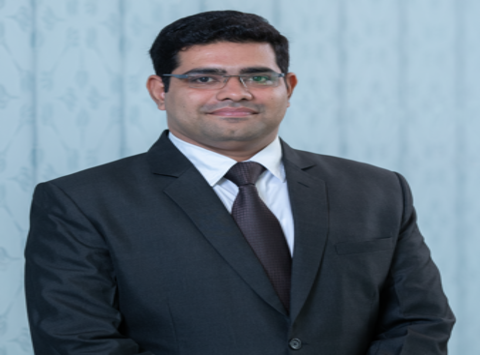
Sanjairaj Vijayavenkataraman
Division of Engineering, New York University Abu Dhabi, Abu Dhabi - UAEAbdurauf Younes
Northumbria University - UK
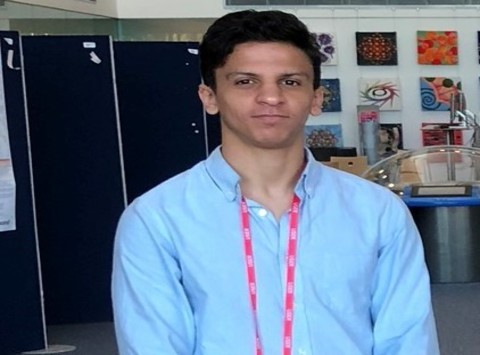
Abdurauf Younes
Northumbria University - UKKevin Storr
Department of Physics, Prairie View A&M University - USA
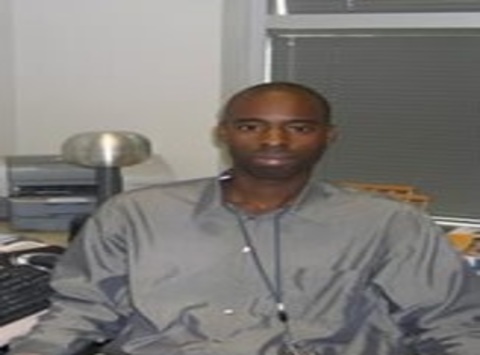
Kevin Storr
Department of Physics, Prairie View A&M University - USAHacer Aksel
University at Buffalo - USA
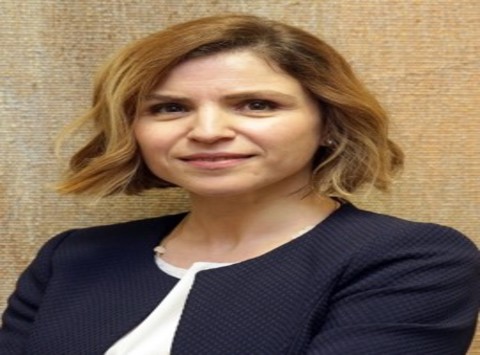
Hacer Aksel
University at Buffalo - USAAlix Deymier
, University of Connecticut Health Center, Farmington, CT - USA
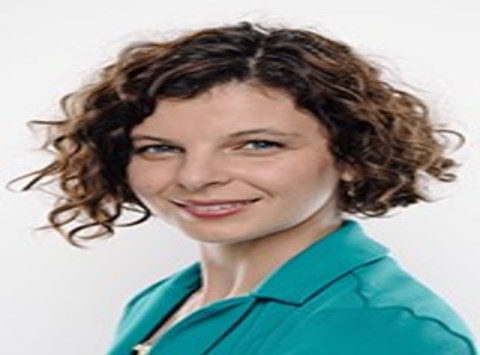
Alix Deymier
, University of Connecticut Health Center, Farmington, CT - USAHsien-Hau Wang
Argonne National Laboratory, Materials Science Division - Taiwan
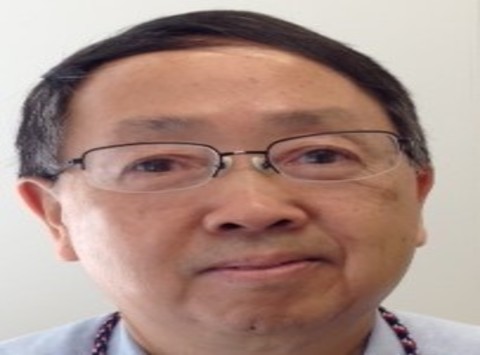
Hsien-Hau Wang
Argonne National Laboratory, Materials Science Division - Taiwan

